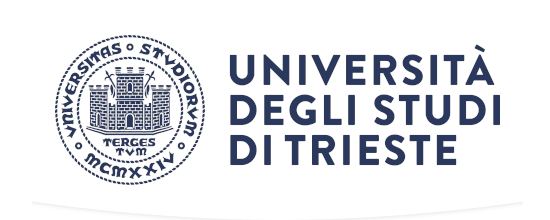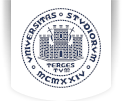The Master's Degree particularly contributes to achieving the following educational objectives:
- a solid multidisciplinary training on the European Union, its institutions, its regulations, and policies, further advancing to an advanced level the regulatory and policy aspects related to ecological and social transition;
- the ability to interact with European institutions at national and transnational levels, successfully operating within the multilevel governance system characteristic of EU governance;
- the possession of interdisciplinary knowledge necessary to participate in the planning and implementation of highly complex and responsible operational strategies within public and private entities operating at different levels within the context of the European Union, its policies, and programs;
- mastery of analytical tools, including empirical and quantitative methods, and comparative legal and institutional knowledge in the areas of digital, ecological, and social transition, which are the priority policy areas for the Degree Course;
- in-depth knowledge of English, ensured by its use as the working language of the Course, supplemented by operational proficiency in an additional European language chosen by the student (French or German).


